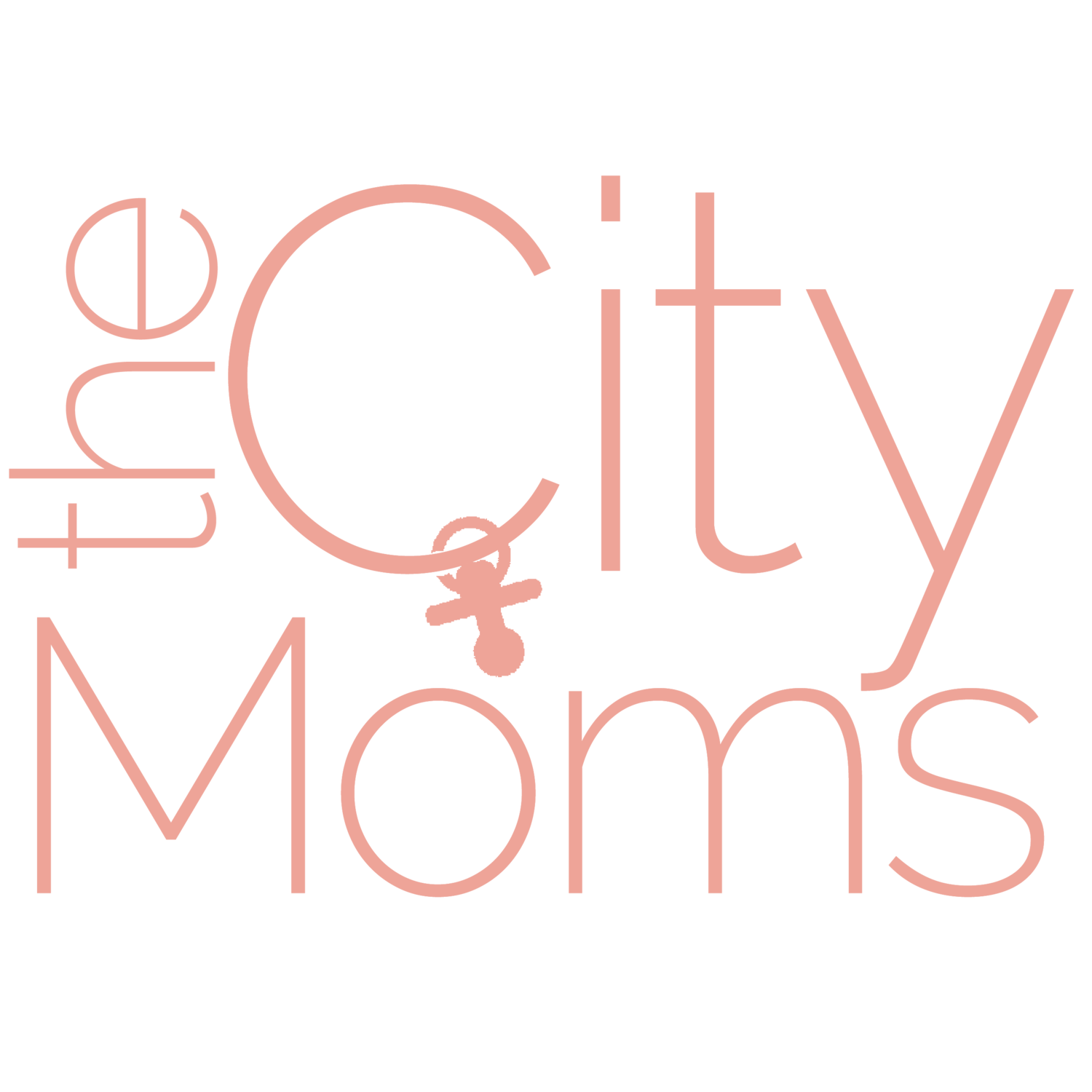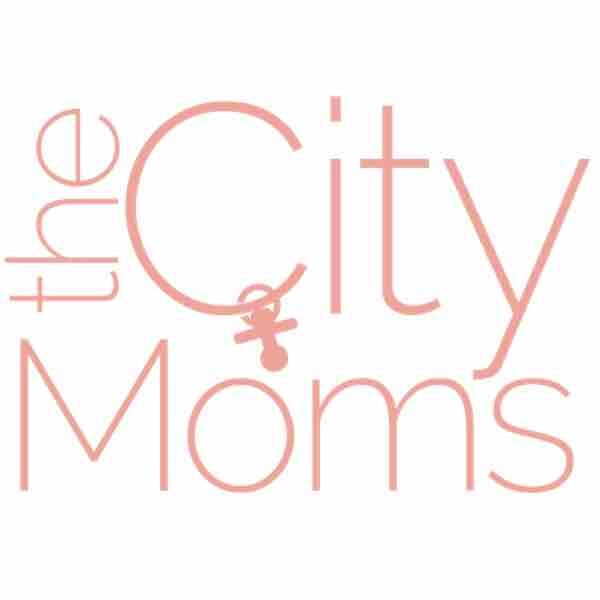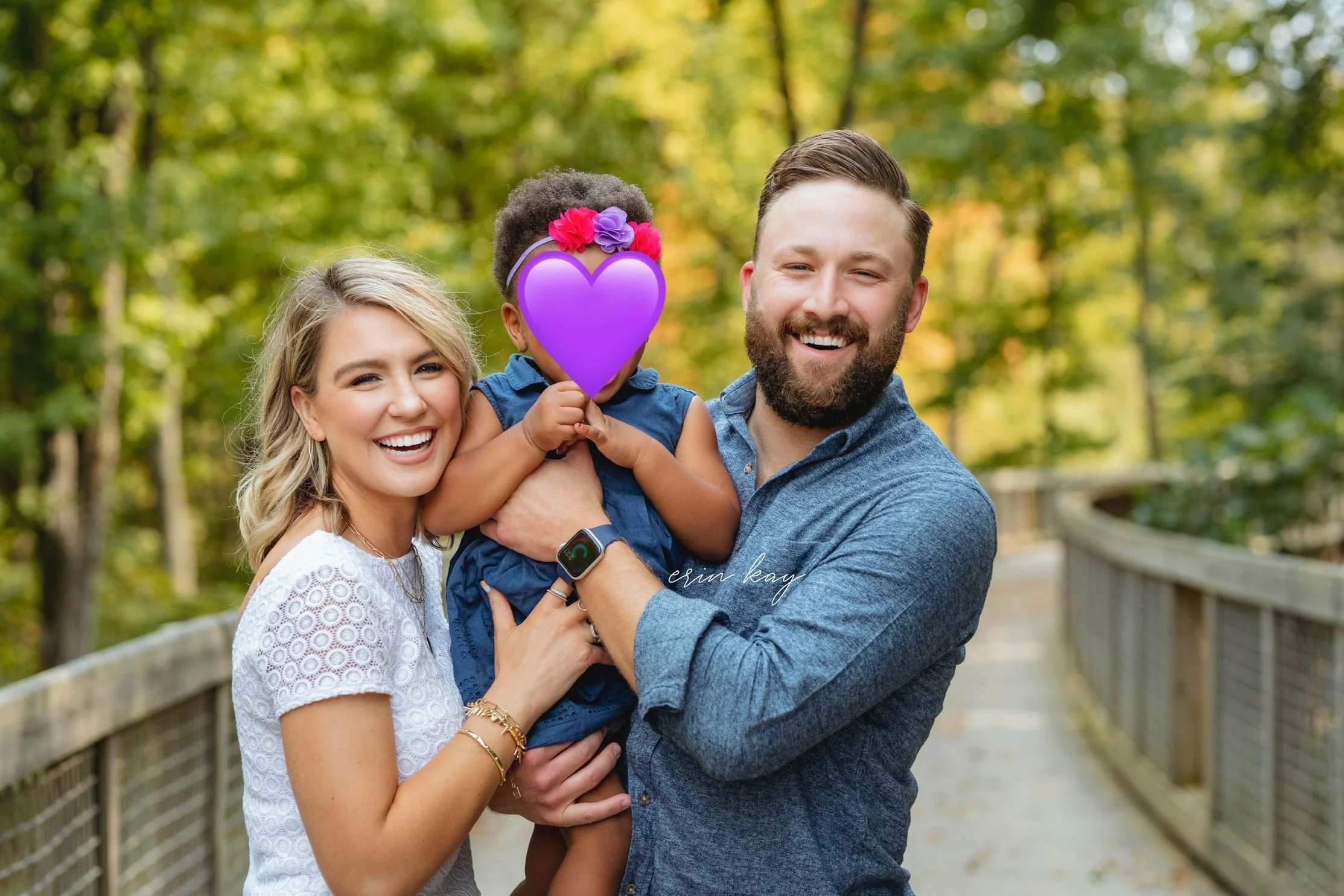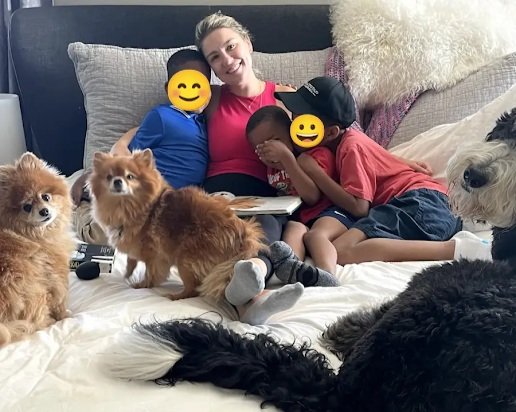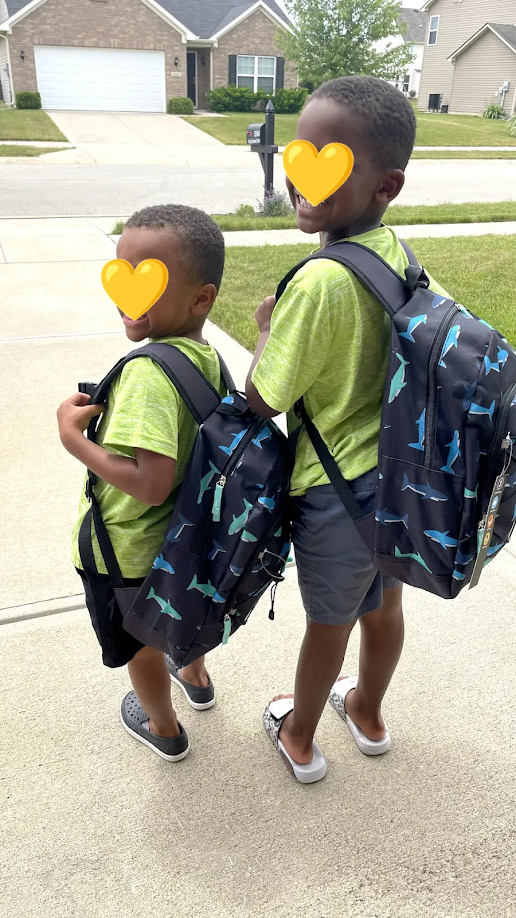5 things foster moms want you to know
Being a foster mom is a labor of love, and we are so inspired by the meaningful impact they are making. We caught up with local foster mom Lauren Schneider and asked her to share her experiences. She gave us the scoop on foster mom life and what she wants to world to know.
Here are Lauren’s top five things foster moms want you to know:
1. They need support!
Yes, as the Beatles say, love is all you need. But foster mamas also need help! At first, asking for help was hard for her, but Lauren has learned it’s worth making the effort. “As a brand-new foster mom, I didn’t have anything [for kids]. I had to overcome the fact that I didn’t want to ask for help.” Foster parents often get kiddos last minute and need all sorts of supplies like clothes, toys, food, or diapers. Lauren has been overwhelmed by the support of her community. “My church provided a meal train for us. We received gift cards and groceries.” As a volunteer with Safe Families for Children (an organization that coordinates foster care with an emphasis on family reunification), she does not receive financial support, so the generosity of her community has been invaluable.
2. Self-care is a requirement.
Lauren says through therapy, community support, and educating herself, she has been able to cope with the emotional ups and downs of fostering. But she makes sure that she also seeks help for herself in addition to supporting her foster children. “My therapist keeps me above water,” Lauren explains. She also credits the support of her community and the help she has received through social media. “It takes a lot of people supporting my husband and I for us to be able to do this.”
3. Motherly bonds know no bounds.
Lauren says she’s still surprised each time at how quickly she develops an attachment to her foster kids. “I have learned that I will fall in love with them. These kids immediately become a part of my family.” While she is thankful for the connection she feels with these kiddos, naturally, she experiences loss when they are no longer with her. However, Lauren says through her faith and community, she gets so much comfort during the hard times. “Little things mean so much, like regular texts from my friend checking in and letting me know she’s thinking about me.”
4. You never know what people are going through.
Lauren explains it has been quite a learning experience for her. “Some moms have no one to help them and no one they can trust.” She has had to confront the privilege and racism within her community. “If you haven’t lived in poverty or alongside someone with generational trauma it’s hard to understand what it’s like,” she explains. Many kids she has fostered have loving moms who have no family or friends to support them during a health or housing crisis. Often these moms are leaving domestic violence situations and have nowhere safe to turn. “What I love about Safe Families for Children is that their goal is to keep families together.” While kids are in foster care, their moms have the opportunity to work with the nonprofit to obtain a stable living environment or secure a job so that they can welcome their kids back home.
5. You don’t have to foster a child to make a difference.
Lauren emphasizes that foster parenting may be easier to do than people think. “If you can provide them with love, food, and a safe place to sleep, you can give them everything they need.” Although it may not work for everyone, there are plenty of other ways to support foster care. “Helping families who foster is a really great way to give back.” If you have foster families in your community, you can reach out to send groceries, donate kids’ items, give gift cards, or start a meal chain. In addition, many foster families have Amazon wish lists, so you can make a difference and support families in need with a few clicks.
Bonus: Lauren’s advice to prevent awkward conversations by things to avoid saying to foster parents:
“Don’t you want your own kids?” or “Can you not have children?”
You never know what fertility issues, medical concerns, or personal choices they have dealt with and may not want to discuss. Instead of this, try asking “What compelled you to become a foster parent?” so they can share their passions with you instead of private information.
“You’re such a better person than me.”
Lauren explains “It’s not for everybody! Just like working with seniors…or being a preschool director isn’t for everybody. And I have learned over the last two years that I can do this.” That doesn’t mean foster moms want to be put on a pedestal. Ask them about their experience or offer support and help instead of empty praise.
Don’t be afraid to ask questions - but - the first question to ask is if they are comfortable sharing with you. Lauren says it has been most meaningful when someone realized later their comments were insensitive and came back to apologize: “We’re all human; I’m always learning too.”
